Feeding a newborn is one of the biggest learning curves of early parenthood. As a lactation consultant and newborn care specialist, I’ve witnessed this time and time again. Whether you choose to breastfeed, formula-feed, pump, or supplement with donor milk, the most important thing is that your baby is fed, growing, and thriving.
But with so much information out there, it’s easy to feel overwhelmed. What’s the best feeding method for newborns? How much should a newborn eat? Can you combine breastfeeding and formula?
The truth is, there’s no one-size-fits-all approach to feeding. Every baby is different, and every family has unique needs. What works for one may not work for another, and that’s okay! Let’s explore the different feeding options, the pros and challenges of each, and how to find the best fit for your family.


Breastfeeding: A Natural but Sometimes Challenging Journey
Breastfeeding is often considered the ideal way of feeding a newborn because breast milk is packed with nutrients, antibodies, and healthy fats that support a newborn’s immune system and development. Many new moms envision a smooth breastfeeding journey, but the reality is that it can be tough in the beginning. Some babies struggle with latching, others have trouble transferring milk efficiently, and many moms experience sore nipples, engorgement, or concerns about a low milk supply.
For those who can and want to breastfeed, it can be an incredible bonding and rewarding experience. Breastmilk adjusts to your baby’s needs, provides built-in immunity, and can even help regulate digestion. However, the frequent nursing sessions, especially in the early weeks can be exhausting. If breastfeeding is something you’re committed to but struggling with, working with a lactation consultant (hi, it’s me!!!) can make all the difference.
Exclusive Pumping: A Breastfeeding Alternative


For moms who want to provide breast milk but can’t or choose not to nurse directly, exclusive pumping is another option for feeding your newborn. Pumping allows parents to bottle-feed breast milk while maintaining the nutritional benefits of breastfeeding. Some moms exclusively pump from the start due to latch issues, medical reasons, or personal preference, while others switch to pumping after struggling with direct nursing.
While pumping offers flexibility, it also requires a strict schedule to maintain milk supply. Unlike nursing, where milk production is naturally regulated by baby’s demand, pumping requires a bit more effort to ensure consistent supply. There’s also the added work of washing and preparing bottles, which can feel overwhelming on top of caring for a newborn.
For moms who go this route, investing in a high-quality breast pump and sticking to a pumping routine can make the process smoother. Many exclusively pumping moms find that having a schedule in place, much like a breastfeeding routine, helps keep things manageable. If you’re looking for additional information or support on exclusive pumping check out my Exclusive Pumping Guide!
Formula Feeding: A Safe, Reliable Option
For parents who can’t or choose not to breastfeed, formula provides a safe, nutritionally complete alternative for feeding your newborn. Some families opt for formula from birth, while others transition after struggling with breastfeeding. One of the biggest advantages of formula feeding is that any caregiver can feed the baby, which allows for more flexibility and shared responsibilities. Unlike breastfeeding, where milk supply fluctuates, formula feeding provides a predictable feeding schedule, helping parents track exactly how much their baby is eating.
However, choosing the right formula can sometimes feel overwhelming, especially for parents navigating gas, reflux, or potential allergies. Some babies tolerate standard formulas just fine, while others may need a more specialized option. If your baby seems fussy, uncomfortable, or struggles with digestion, speaking to your pediatrician can help determine the best formula for their needs.
While there’s often pressure around the breast vs. formula debate, it’s important to remember that fed is best, what truly matters is that your baby is growing, healthy, and thriving.


Combination Feeding: A Flexible And Underutilized Approach To Feeding A Newborn
Many parents find that a mix of breastfeeding and formula, also known as combination (combo) feeding, is the best solution for their family. Some moms choose to supplement with formula to ensure their baby is getting enough milk, while others use it to allow a partner or caregiver to help with feedings.
Combination feeding can be a great middle ground, but it does require some balance. Introducing formula too quickly can impact milk supply, as breast milk production works on a supply-and-demand basis. If you’re planning to combine breastfeeding and formula, transitioning gradually can help keep your supply steady while allowing your baby to adjust.
Donor Milk: A Breast Milk Alternative
For parents who want their baby to receive breast milk but are unable to produce their own, donor milk can be a great option. Some families receive pasteurized donor milk from a milk bank, while others privately source breast milk from other breastfeeding moms.
While donor milk provides breast milk’s benefits, it can be expensive and is often reserved for medically fragile or premature babies. If you’re considering donor milk, it’s important to ensure it comes from a reputable source, such as a regulated milk bank, where donations are screened for safety.
Which Method Of Feeding Your Newborn Is Right For You?
If there’s one thing to take away, it’s this: there’s no single “right” way to feed your baby. Some moms love breastfeeding, others struggle with it. Some choose formula from day one, while others supplement with both. The best feeding method is the one that allows you to care for your baby in a way that feels sustainable for your family.
What’s most important is that your baby is fed, loved, and thriving, and that you feel supported in your decision. If feeding challenges are affecting your baby’s sleep, overall routine, or your own well-being, I’d love to help.















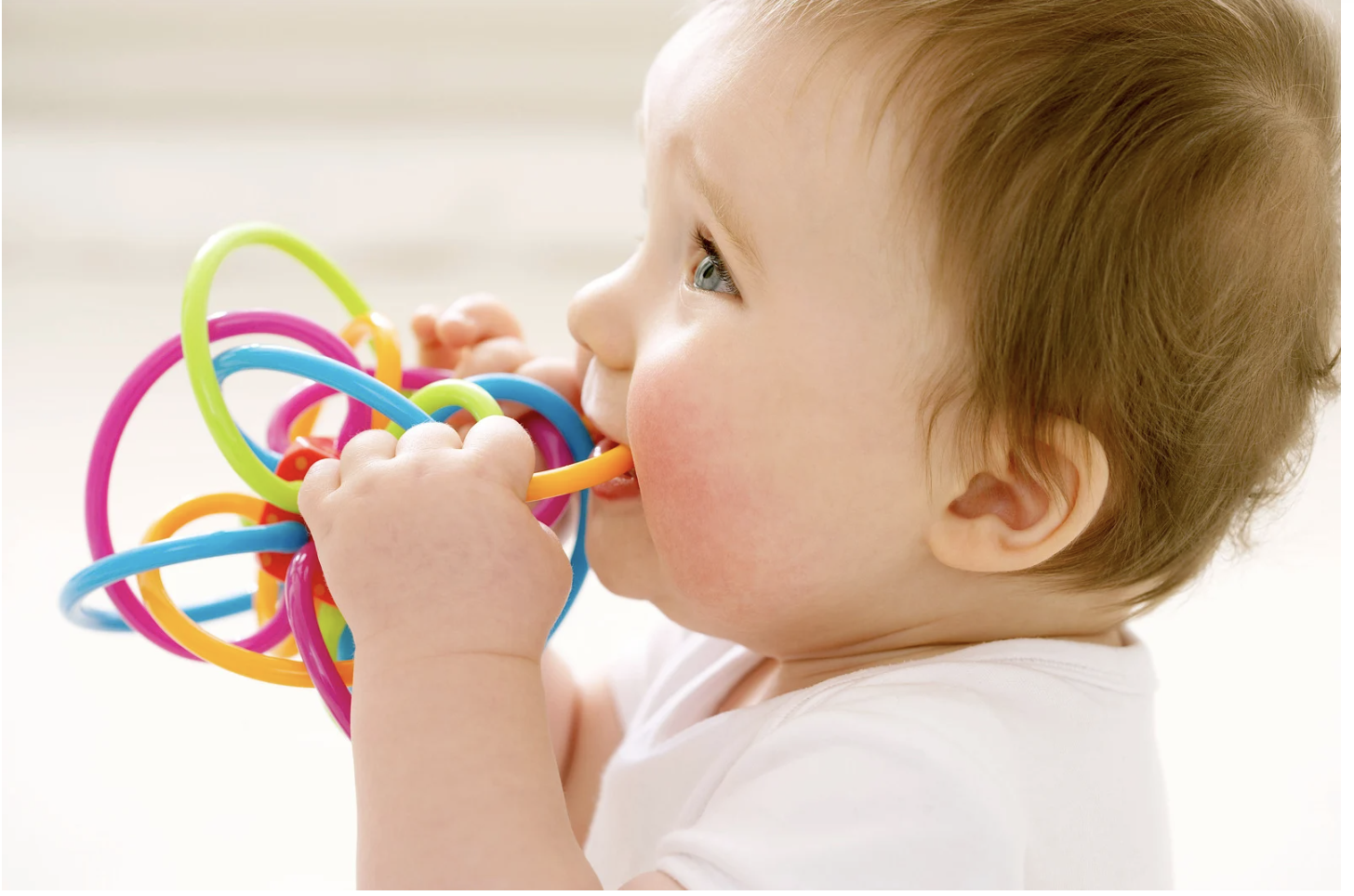


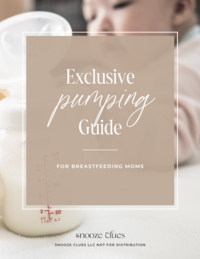
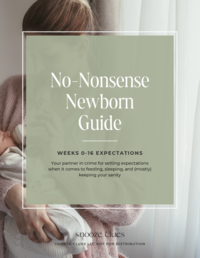
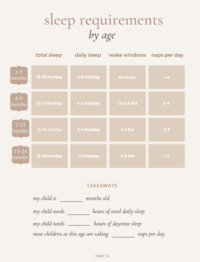
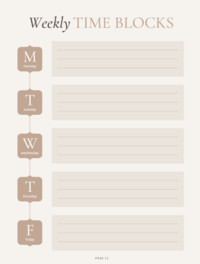
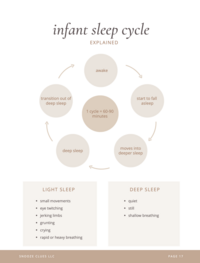



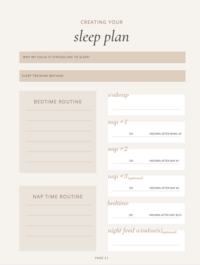
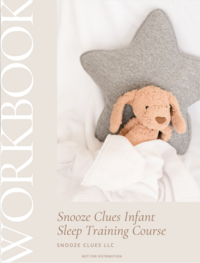
Read the Comments +